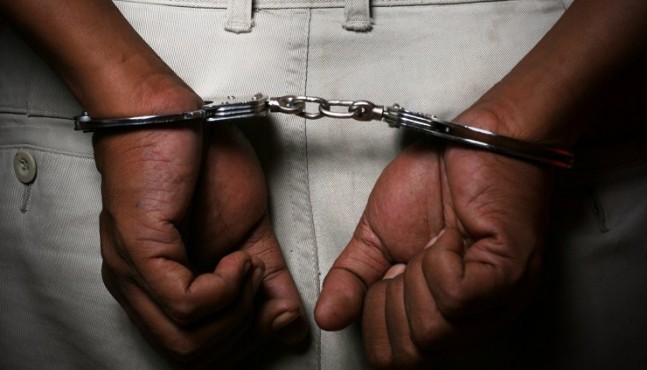The accused refers to the person who is the subject of criminal proceedings. This individual is one of the parties involved in these proceedings, identified by various terms such as dictated by the stage of the proceedings and their legal standing. Do contact senior criminal lawyers in bangalore
As per the Code of Criminal Procedure:
- A suspect is someone who has been apprehended according to procedural guidelines, yet formal criminal prosecution has not commenced against them.
- An accused person is someone against whom criminal prosecution has been officially initiated.
- A defendant is someone against whom a final and enforceable judgment of conviction has been issued or a definitive and effective criminal order.
The accused person is entitled, in particular, to:
- Be prosecuted lawfully by procedural laws.
- Utilize all legal means and methods of defense.
- Choose a defense counsel.
- Apply remedial measures.
- Propose the production of evidence.
In exercising the right to defense, the accused person is granted several rights under the Criminal Code. They have the right to comment on all allegations and the evidence presented against them, though they aren’t compelled to testify. These rights must be communicated to them. The choice not to testify can be exercised at any point during the criminal prosecution.
During initial questioning, the police must give the accused a copy of the prosecution’s initiation resolution. The accused can respond to all allegations, provide details of the alleged circumstances, present facts that weaken or refute the allegations, and offer supporting evidence. They may review their notes before responding, which can be inspected upon request. The accused retains the right to state circumstances and present evidence at any stage of the proceedings, with the prosecution obligated to inform them of this right.
Upon the conclusion of the investigation, the accused person must be allowed to review the investigation results. They are entitled to access case files, make excerpts and notes from them, and, at their own expense, obtain copies of files or their sections; however, this right is restricted during pre-trial proceedings.
During trial and public sessions on appeal, the accused person has the right to participate in the proceedings of their case. They are entitled to comment on each piece of evidence presented and make a final statement, including a closing statement.
If the accused person believes their rights have been violated, they may request a review of the proceedings by the relevant authority or appeal against decisions made by the law:
- Complaint: a measure against a resolution.
- Appeal: a measure against a first-instance court judgment.
- Protest: a measure against a criminal order.
- Extraordinary appeal: an extraordinary measure.
- Petition for a new trial: an extraordinary measure.
- Petition for a complaint for a law violation: an extraordinary measure filed by the Minister of Justice.
The accused person also has the right to testify in their native language or a language they understand. If the accused person does not speak Czech, an interpreter must be appointed for them; failure to do so constitutes a violation of their right to defense.
Top of Form
Bottom of Form

